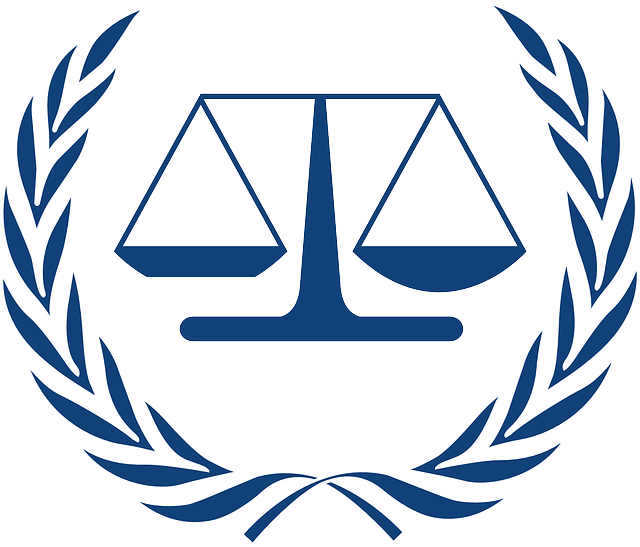Family mediation, offered by Family Law Firm Longview WA, is a collaborative and confidential approach to resolving family conflicts without court intervention. This cost-effective method focuses on open communication, with a neutral mediator guiding parties to mutually agreeable solutions on child custody, visitation, and asset division. By fostering empathy, understanding, and cooperation, mediation empowers families to take control of the outcome, making it a preferred method for peaceful dispute resolution in Longview's family law firms.
In the pursuit of peaceful resolutions, family mediation offers a transformative approach to navigate contentious family matters in Longview, WA. This article delves into the intricacies of this process, highlighting its benefits as an alternative to litigation. We explore the critical role played by a skilled Family Law Firm in facilitating negotiations and guiding families towards mutually agreeable outcomes. Understanding both the advantages and potential challenges ensures informed decision-making during this sensitive journey.
- Understanding Family Mediation: A Peaceful Resolution Process
- The Role of a Family Law Firm in Longview, WA
- Benefits and Challenges of Negotiation for Families
- Effective Communication Strategies for Mediated Divorces
Understanding Family Mediation: A Peaceful Resolution Process

Family mediation is a collaborative process aimed at resolving conflicts within families without going to court. It’s a peaceful, confidential, and cost-effective alternative to litigation, especially in matters concerning child custody, visitation rights, and division of assets. In Longview, WA, many family law firms offer mediation services as part of their comprehensive legal support.
During mediation, a neutral third party, known as a mediator, facilitates open communication between the involved parties. The mediator helps them navigate their differences, explore options, and reach mutually agreeable solutions. Unlike court proceedings, mediation empowers families to take control of the outcome, fostering a sense of ownership and cooperation. This process encourages empathy, understanding, and long-term relationships, making it a preferred method for resolving family disputes in Longview WA family law firms.
The Role of a Family Law Firm in Longview, WA

In Longview, WA, a family law firm plays a pivotal role in facilitating smooth transitions and resolving disputes within families. These legal professionals are experts in navigating complex family matters, offering guidance tailored to each client’s unique situation. They provide invaluable support during challenging times, ensuring that everyone involved understands their rights and options. By leveraging their knowledge of state laws and local court procedures, family law firms in Longview WA help families make informed decisions.
Beyond legal representation, these firms often act as intermediaries, promoting open communication and negotiated settlements. Their expertise extends to mediation, where they create a safe and neutral environment for family members to discuss and resolve issues without going through formal litigation. This approach not only saves time and money but also fosters a sense of collaboration and mutual understanding, allowing families to maintain their relationships while reaching fair agreements.
Benefits and Challenges of Negotiation for Families

Negotiation is a powerful tool in family mediation, offering several advantages for families navigating complex situations in Longview, WA. One of its key benefits is fostering open communication, allowing all parties to express their needs and concerns directly. This process helps to build understanding and empathy between family members, which can lead to more cooperative resolutions. By engaging in negotiation, families have the opportunity to retain control over the outcome, tailoring solutions that best fit their unique circumstances without the need for court intervention from a local family law firm Longview WA residents trust.
However, challenges may arise during negotiations. Emotional tension and differing interests can make it difficult for families to come to an agreement amicably. Power imbalances, especially in situations involving custody disputes or significant financial differences, can further complicate matters. Despite these challenges, professional mediators are trained to guide the process, ensuring all voices are heard and encouraging constructive dialogue. They help families navigate these obstacles, promoting a collaborative environment where compromises can be reached, ultimately leading to more lasting solutions.
Effective Communication Strategies for Mediated Divorces

In the context of family mediation and negotiation in Longview, WA, effective communication is key to resolving divorce disputes smoothly. A reputable Family Law Firm in Longview WA often emphasizes open dialogue as a cornerstone of their process. This involves both spouses actively listening to each other’s perspectives, concerns, and needs without interruption. Using ‘I’ statements instead of accusatory ‘you’ statements can prevent defensiveness, fostering a more collaborative environment. Clear and concise language is crucial; legal jargon should be minimalized to ensure mutual understanding.
Non-verbal cues are also significant. Maintaining eye contact, adopting an open posture, and using nods and gestures can reinforce positive communication. Pausing regularly allows each party time to reflect, consider alternative solutions, and express themselves when ready. This structured yet empathetic approach significantly enhances the likelihood of reaching mutually agreeable terms, making the divorce process less contentious and more manageable for all involved.
Family mediation and negotiation are powerful tools that offer a peaceful resolution process for families in Longview, WA. By involving a competent Family Law Firm in Longview, WA, couples can navigate their differences with the help of neutral mediators, fostering an environment conducive to open communication and mutually agreeable outcomes. This approach not only benefits couples facing divorce but also extends to broader family matters, ensuring that relationships remain as healthy as possible during challenging times.






